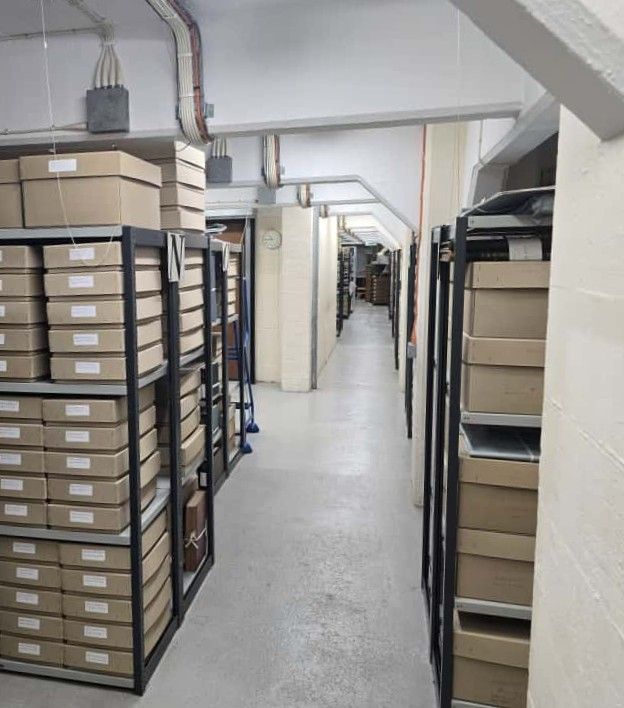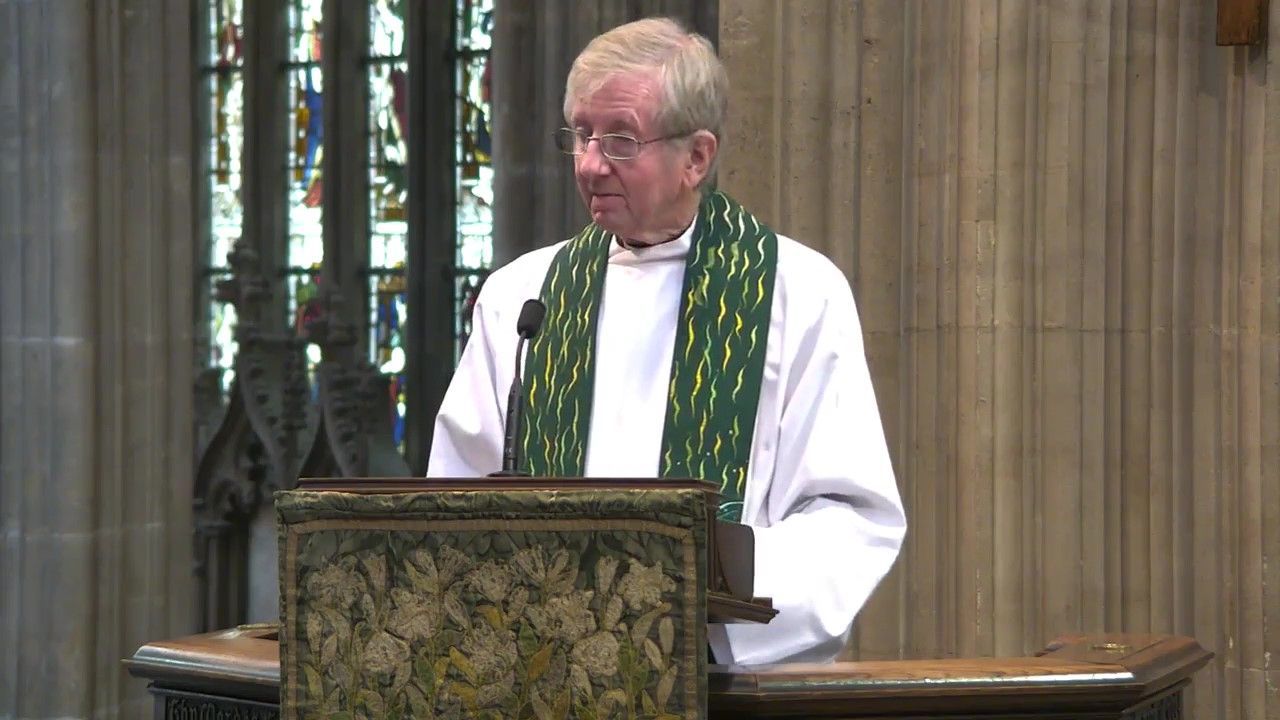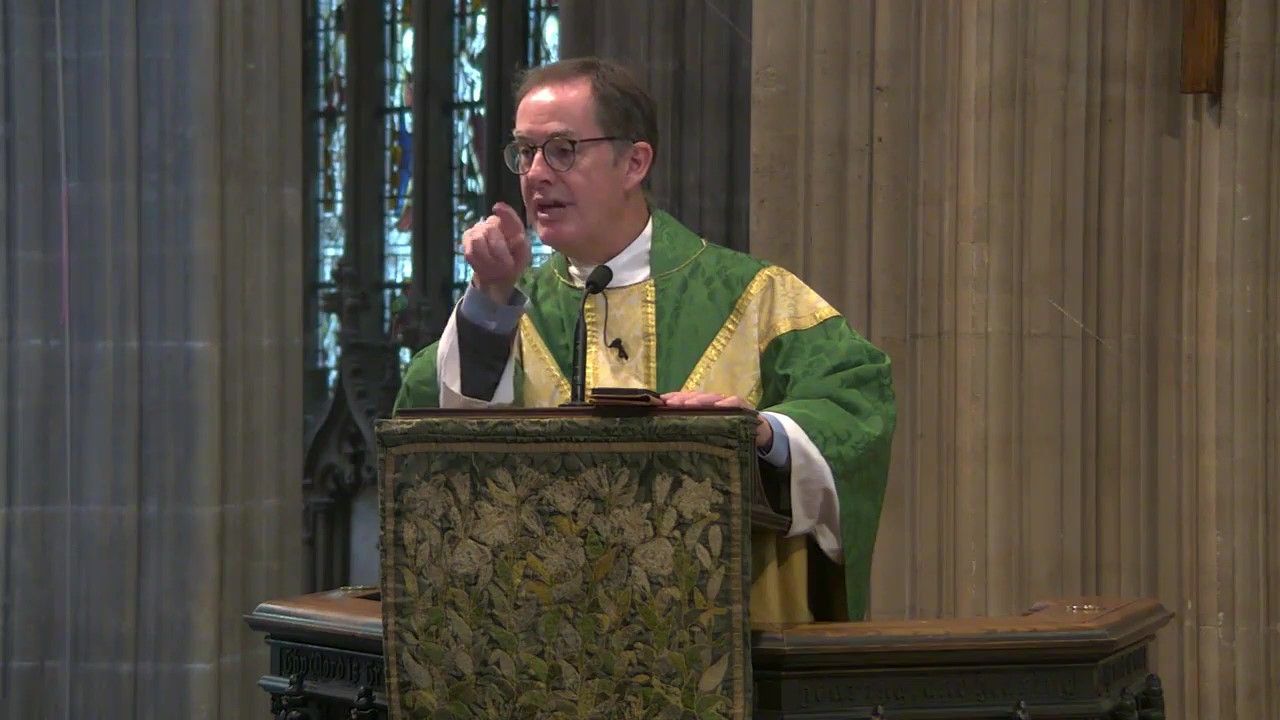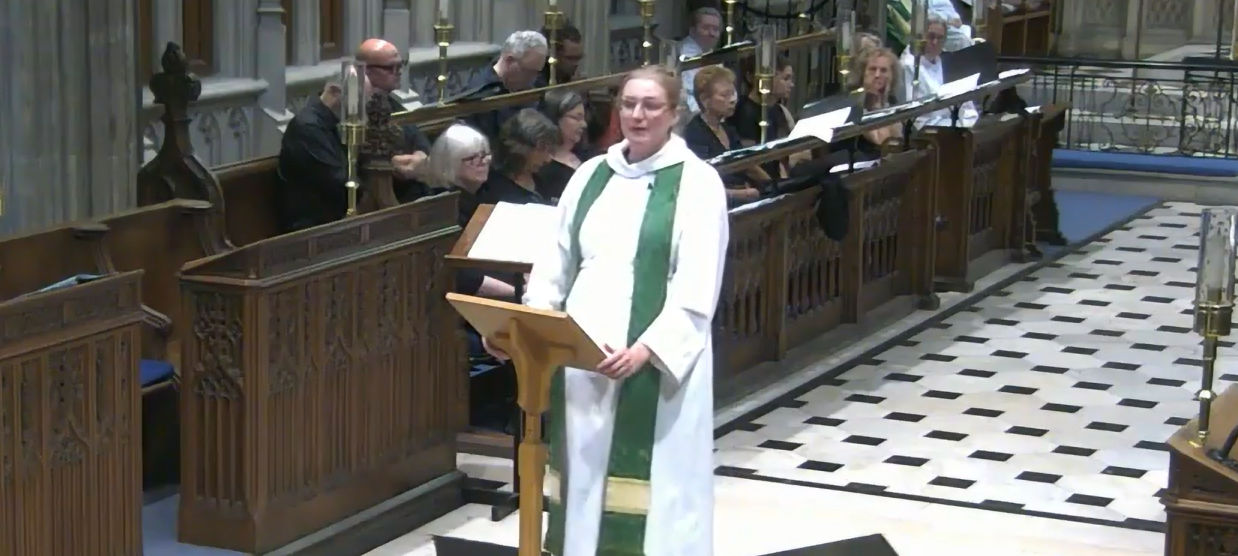The abundance of life
John 10.10, the last verse of Sunday's gospel, is one of those iconic bible references, like John 3.16. It's interesting to note how people refer to these verses, how they put them to use, often to support a pre-formed theory or position. Who was it who coined the phrase: a text without context is little more than a pre-text?
John 10.10 is that famous line: "I came that they may have life, and have it abundantly". And who could suggest that, when Jesus offers us life in abundance, we might sneer at the offer. However, this phrase bears a little more investigation.
Immediately before we read "The thief comes only to steal and kill and destroy. I came that they may have life, and have it abundantly".
This raises two further thoughts. First, who are 'they'? The passage is all about sheep who follow their shepherd; sheep who come into the sheepfold by the gate; sheep who know the voice of the shepherd. Secondly, what is the 'life' that Jesus promises. The passage makes it clear that the sheep are protected from "thieves and bandits" who "steal and kill and destroy".
All too often, it seems to me, this phrase of Jesus is used to confirm some soundbite theology that all those who are in the sheepfold are - or should be - protected from sadness, grief, loss and pain: 'the slings and arrows of outrageous fortune'. The theory goes that faithful sheep will be wrapped up in some kind of Christian cotton wool, cocooned from the unhappier realities of life.
I don't think that is what Jesus is saying. There is an offer of protection from malice and evil. But even this is figurative and doesn't seek to deny the truths that we all know and experience ... that some people do do bad things. So, for me, this is in the same realm as the words of the Lord's Prayer when we pray "deliver us from evil".
The shepherd image is well known throughout the Hebrew and Christian scripture. Maybe the most emblematic passage which informs our understanding of the Lord being our shepherd is Psalm 23:
The Lord is my shepherd, therefore can I lack nothing.
He makes me lie down in green pastures and leads me beside still waters.
He shall refresh my soul and guide me in the paths of righteousness for his name's sake.
Surely goodness and mercy shall follow me all the days of my life and I will dwell in the house of the Lord for ever.
A delightful, comforting, idyllic image of the Lord as our shepherd. But - as I'm sure many have spotted - that's not the whole psalm; that's not the whole message; that's not the whole theology.
Again, we are in danger of falling prey to soundbite theology.
It is in the two missing lines that the roundedness of human existence - "the abundance of life", if you like - is acknowledged:
Though I walk through the valley of the shadow of death, I will fear no evil; for you are with me; your rod and your staff, they comfort me.
You spread a table before in the presence of those who trouble me; you have anointed my head with oil and my cup shall be full.
Dan Tyndall
28 April 2023






